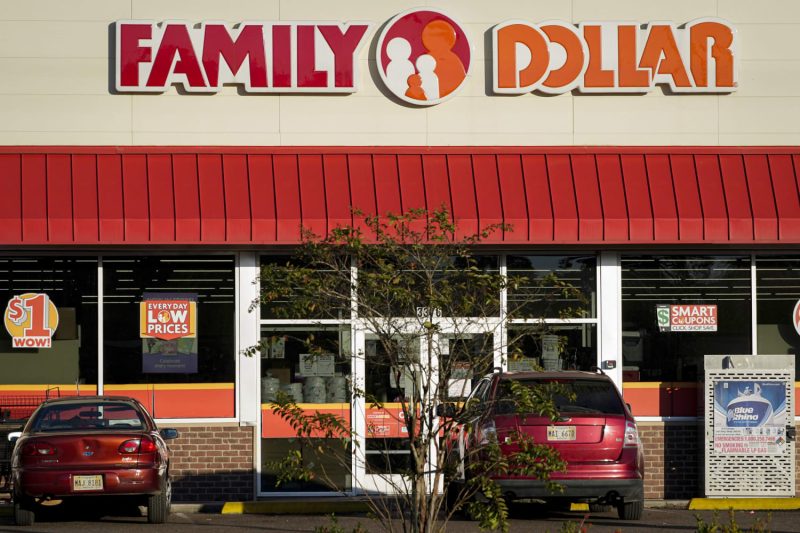Family Dollar to Close Almost 1,000 Stores: What This Means for Shoppers
The recent announcement that Family Dollar is set to close almost 1,000 stores has raised concerns among shoppers and industry experts alike. The decision comes as the discount retailer grapples with declining sales and increased competition in the retail landscape. As one of the largest dollar store chains in the United States, the closure of these stores will undoubtedly have a significant impact on both customers and employees.
The closure of nearly 1,000 Family Dollar stores is part of a broader strategy by the retailer’s parent company, Dollar Tree, to streamline its operations and focus on its most profitable locations. This move reflects the changing retail environment and the need for companies to adapt to shifting consumer behaviors and preferences. While the closures may be necessary for the long-term health of the business, they will undoubtedly disrupt the shopping habits of many loyal Family Dollar customers.
For shoppers, the closing of Family Dollar stores means fewer options for affordable household goods, groceries, and other everyday essentials. Many customers rely on Family Dollar for its low prices and convenient locations, making it a go-to destination for budget-conscious consumers. With fewer stores available, shoppers may need to travel further to find similar deals or switch to other retailers, potentially disrupting their shopping routines.
The closure of Family Dollar stores will also have implications for the communities where these stores are located. Many Family Dollar locations serve as anchors in economically disadvantaged neighborhoods, providing access to affordable goods and creating job opportunities for local residents. The loss of nearly 1,000 stores could further exacerbate economic challenges in these communities, leading to job losses and decreased access to essential products for residents.
Employees of Family Dollar stores are also likely to be significantly impacted by the closures. With nearly 1,000 stores set to shut down, many workers may face layoffs or reduced hours as a result. This could have far-reaching consequences for employees who rely on these jobs to support themselves and their families. The closure of Family Dollar stores underscores the precarious nature of retail employment and highlights the need for companies to invest in their workforce during times of transition.
In conclusion, the closure of almost 1,000 Family Dollar stores will have far-reaching implications for shoppers, communities, and employees. While the move may be necessary for the company to remain competitive in a challenging retail environment, it will undoubtedly disrupt the lives of many loyal customers and hardworking employees. As the retail landscape continues to evolve, it is crucial for companies to consider the broader impact of their decisions on the communities they serve and the people they employ.


























